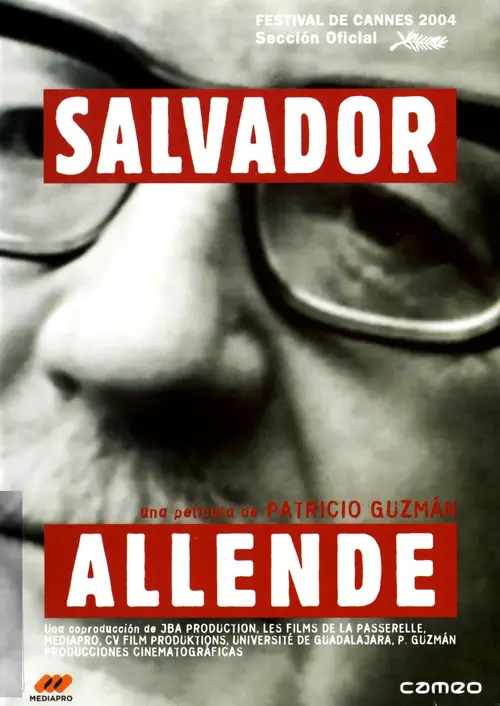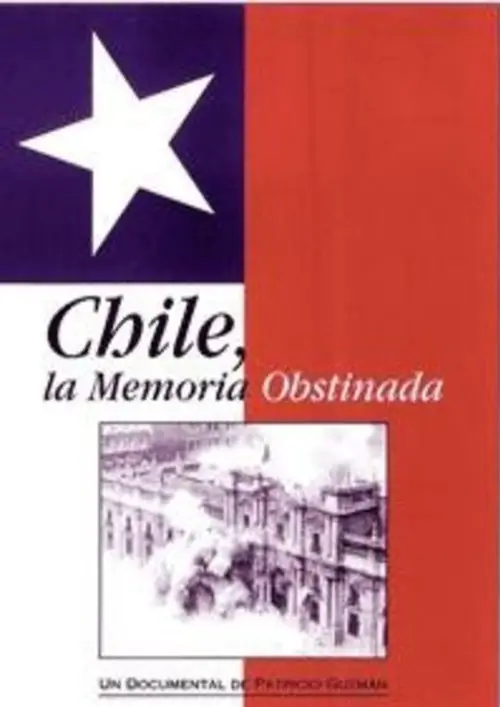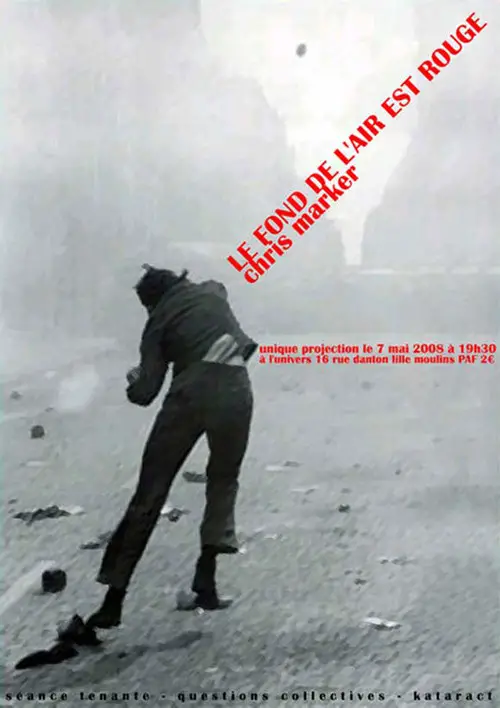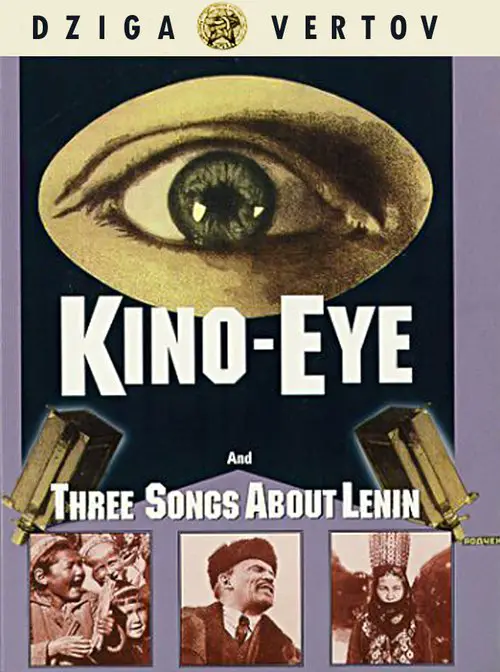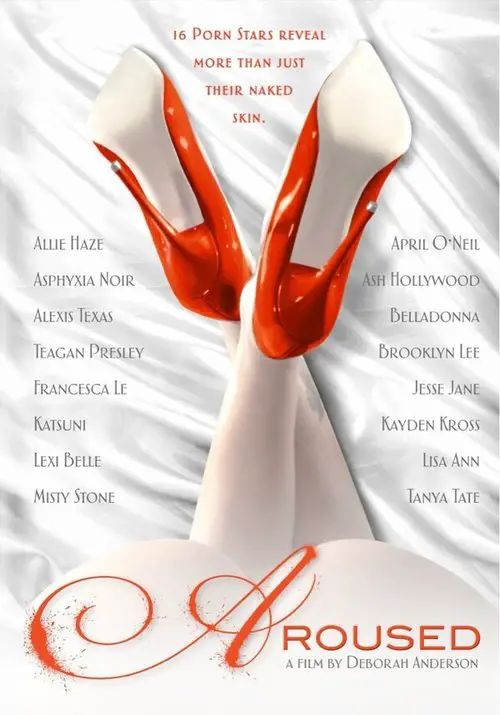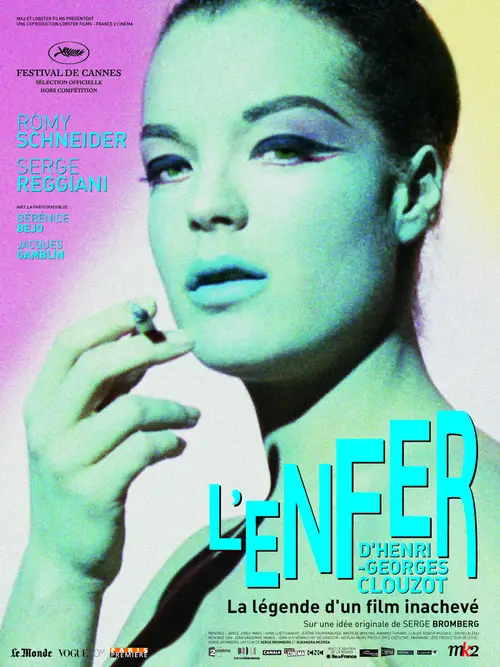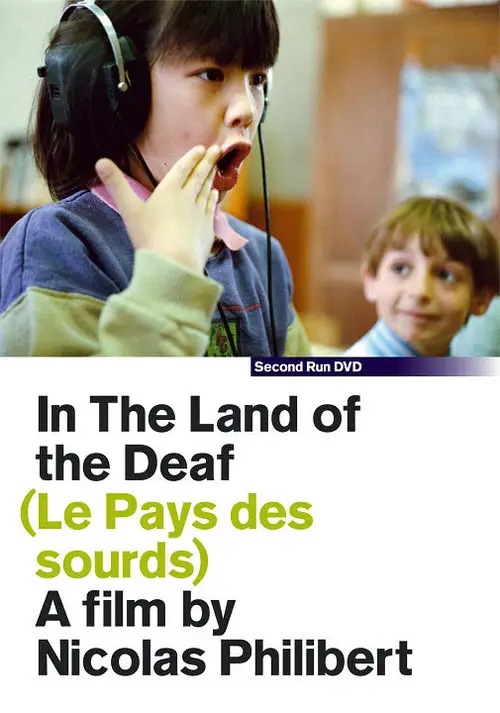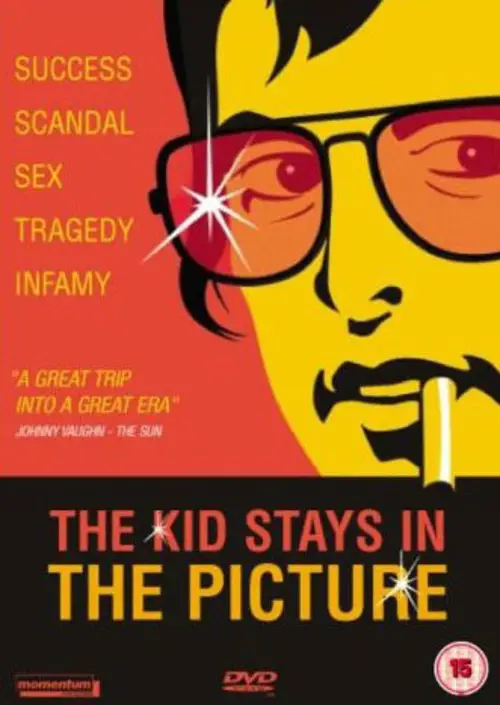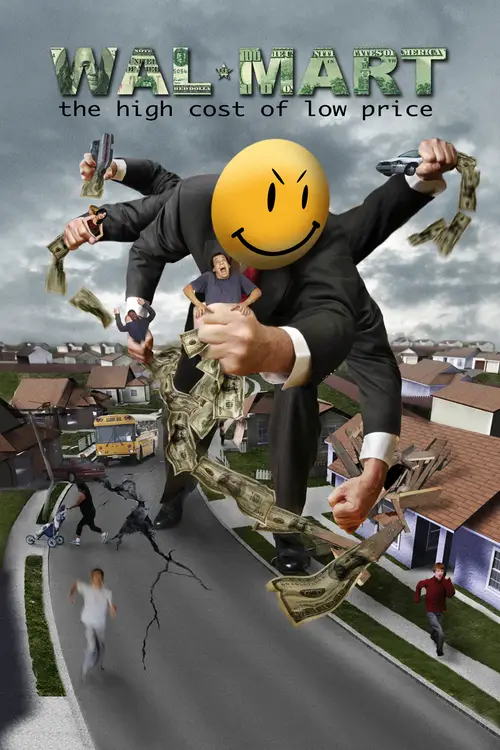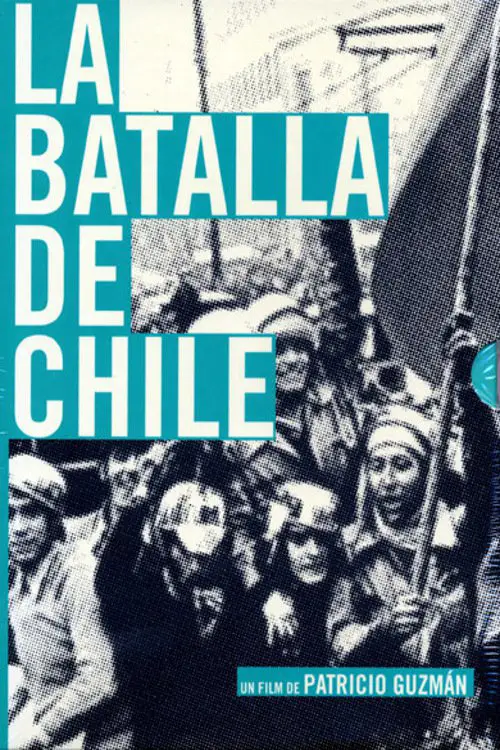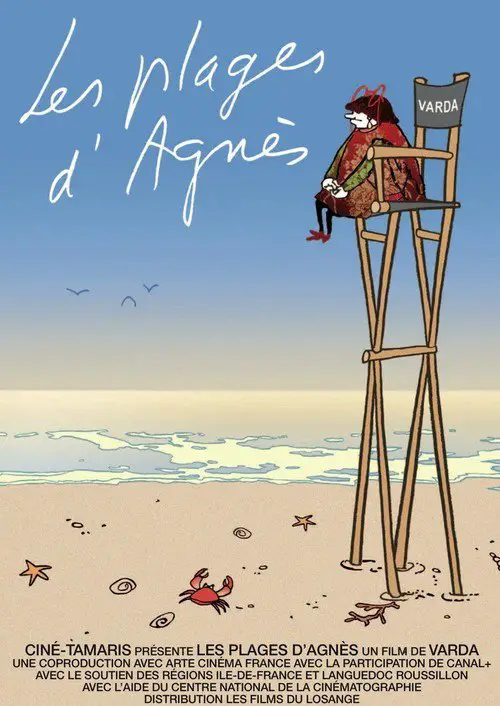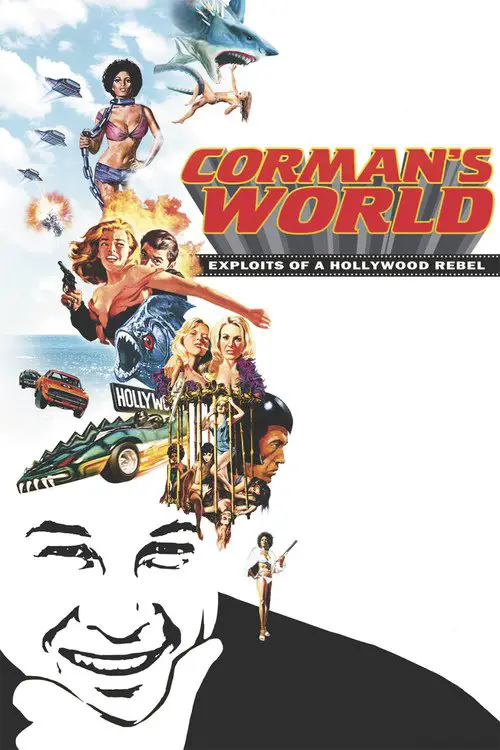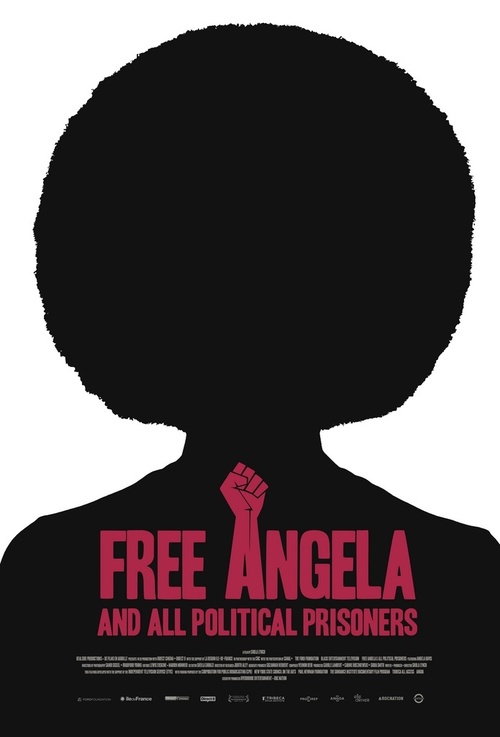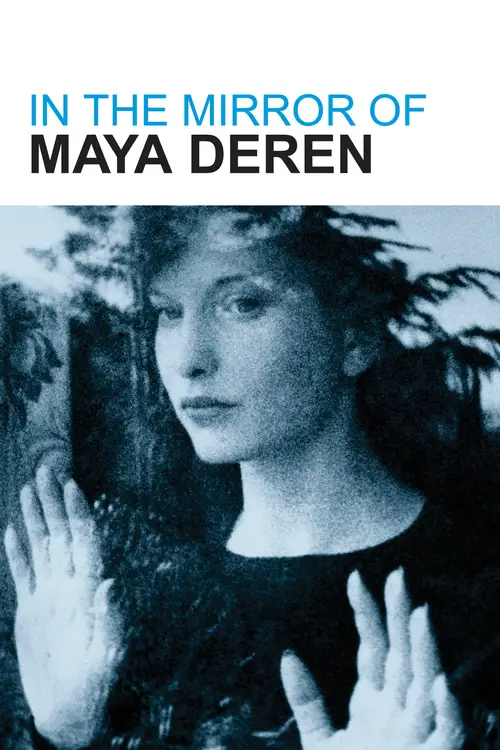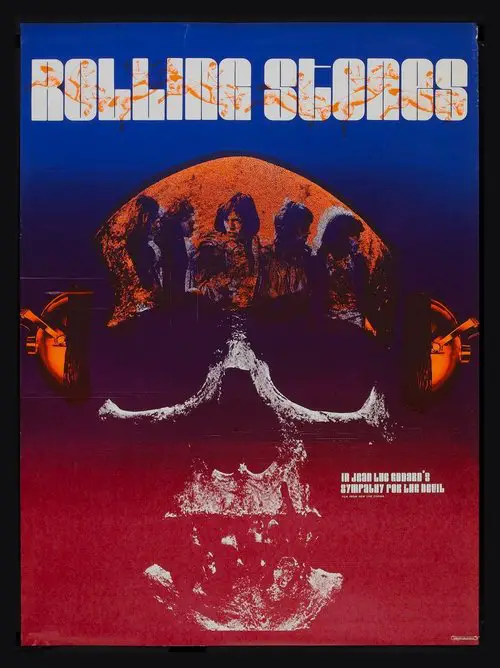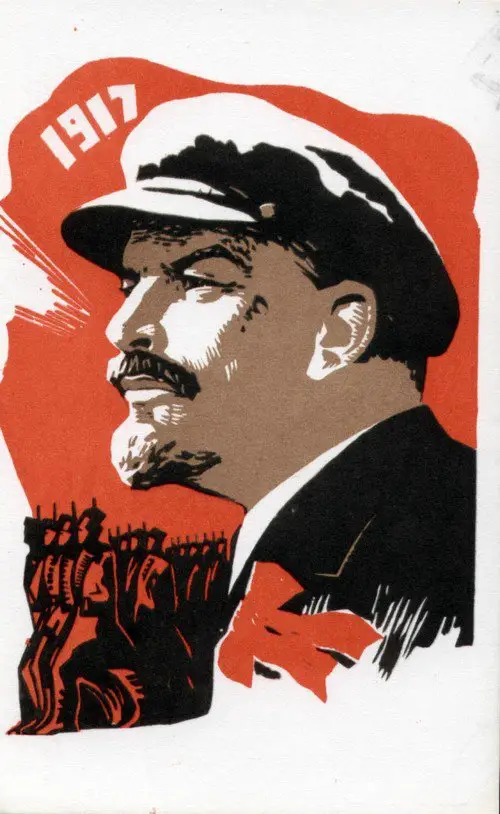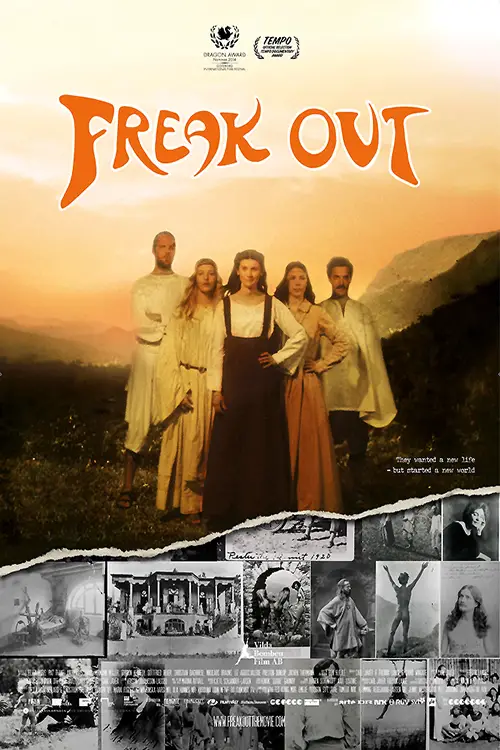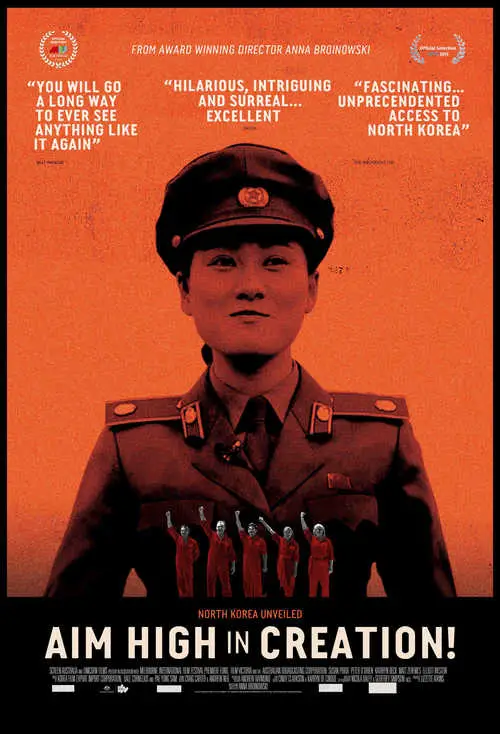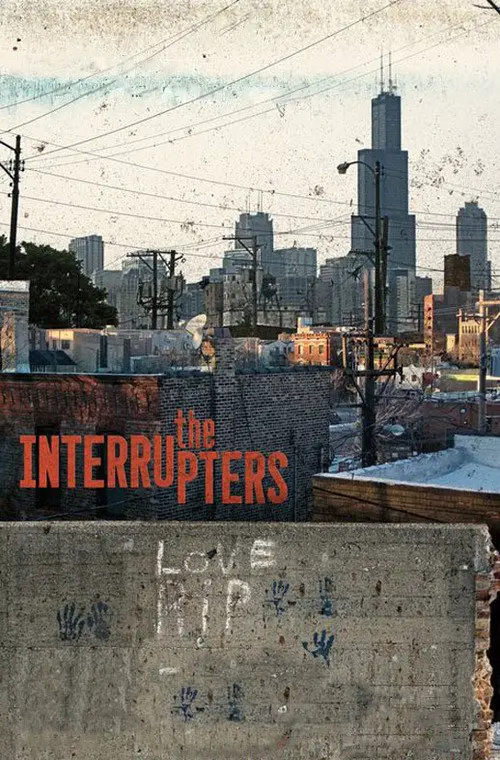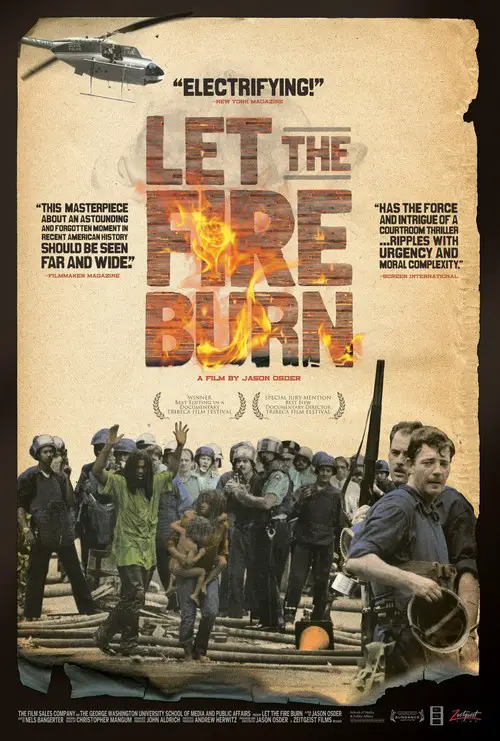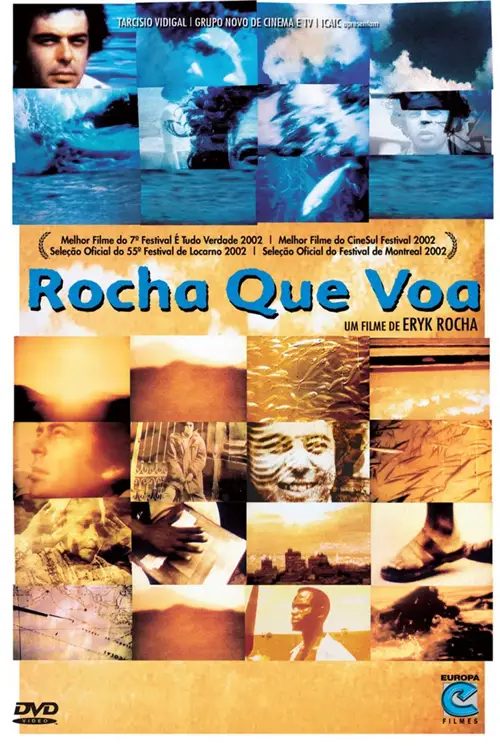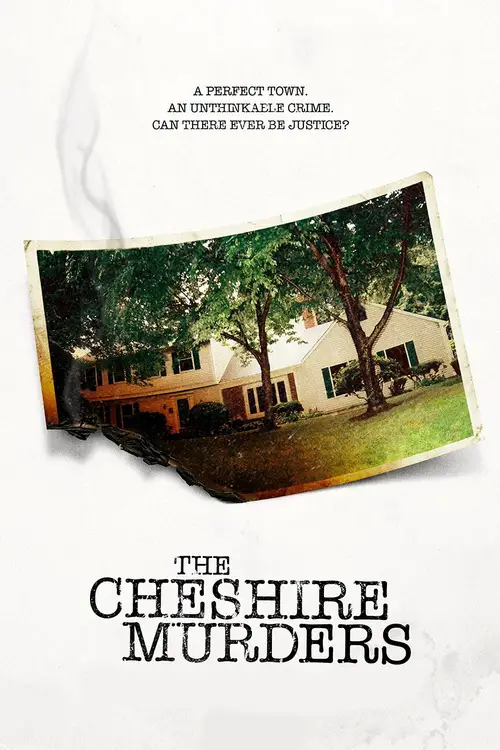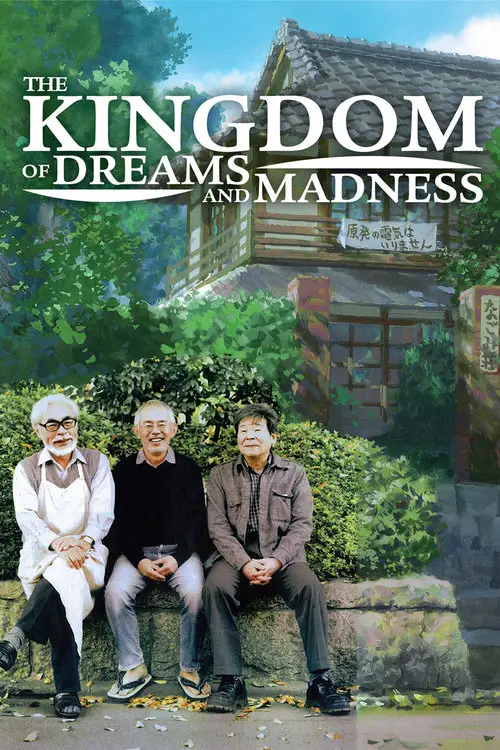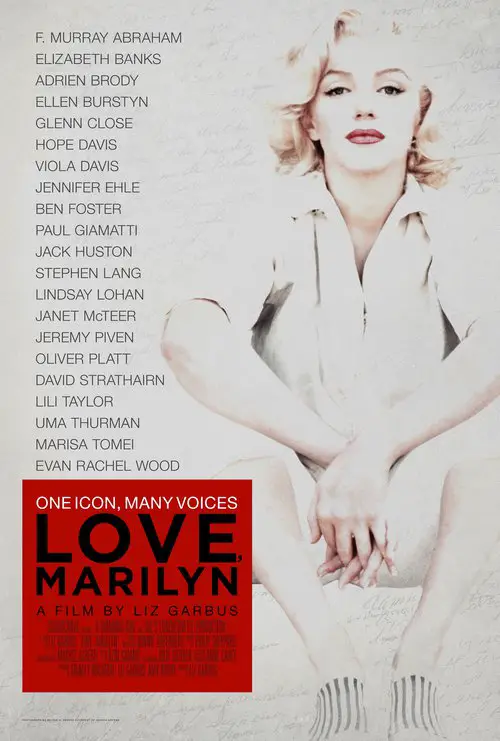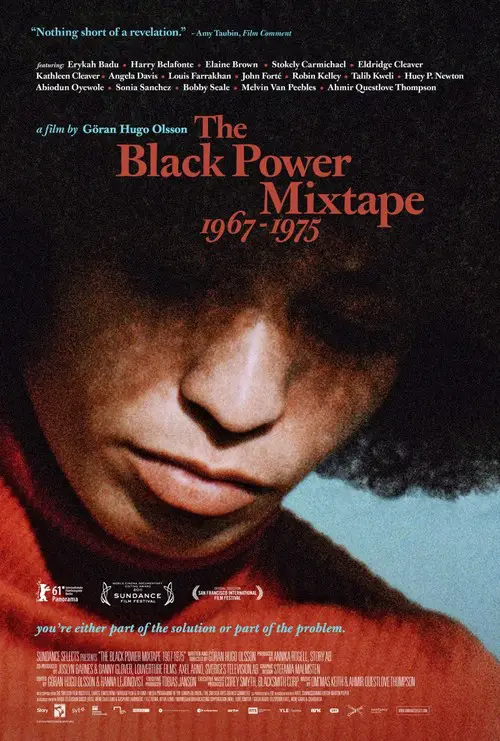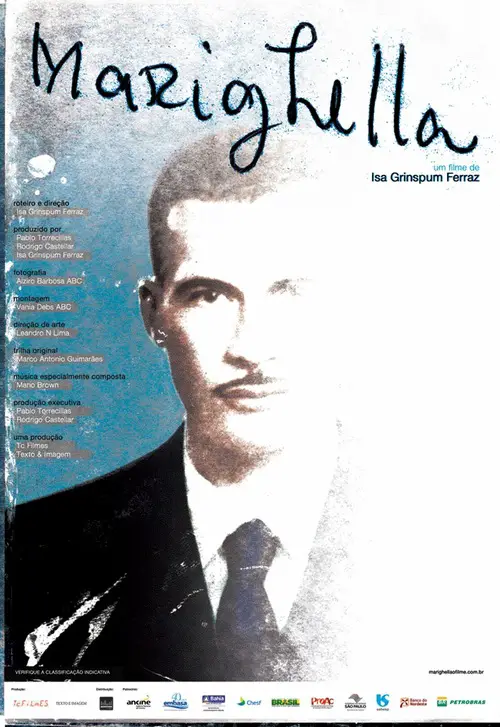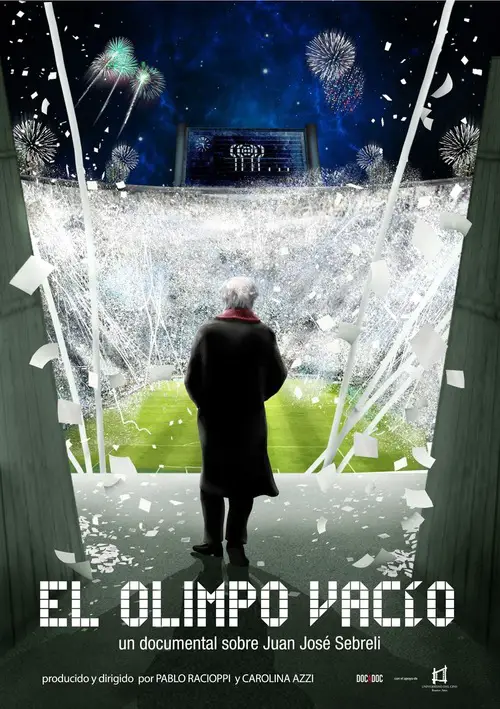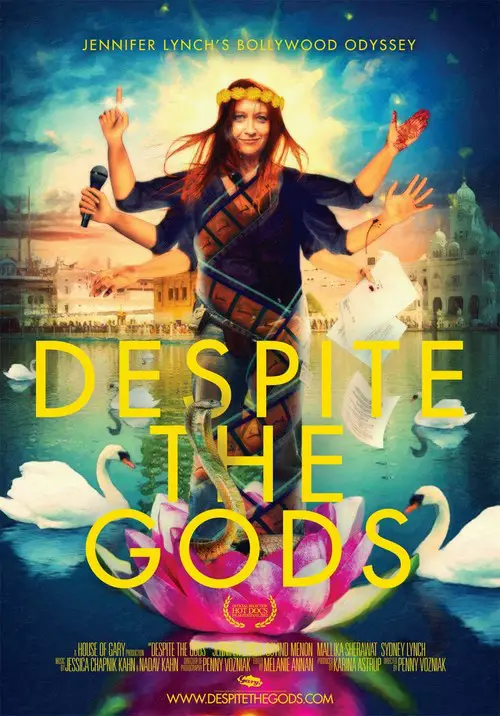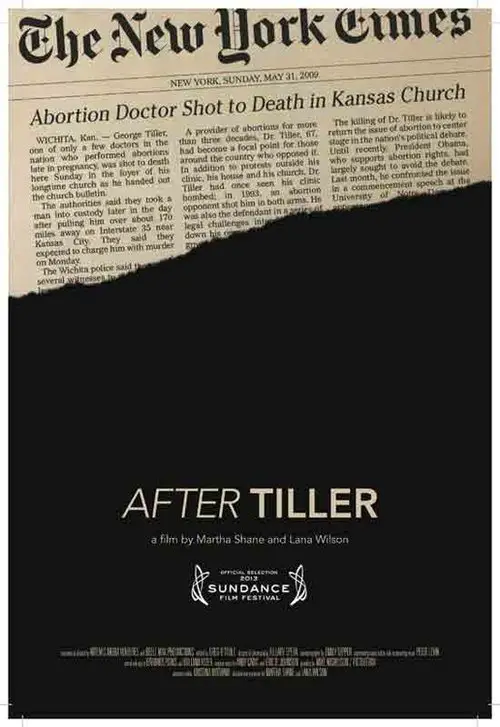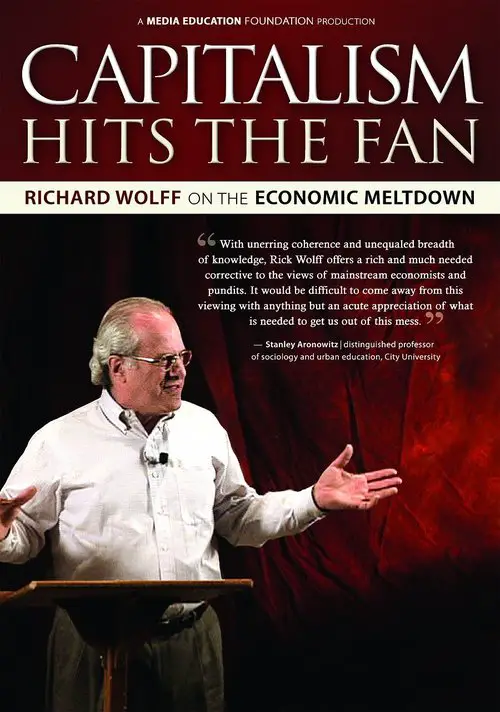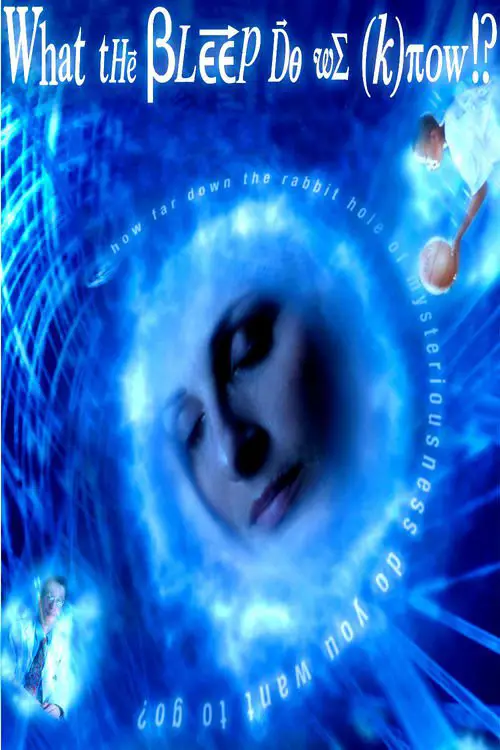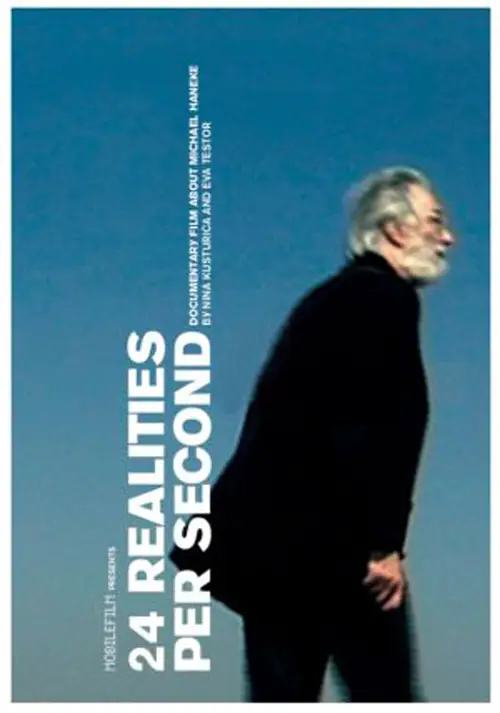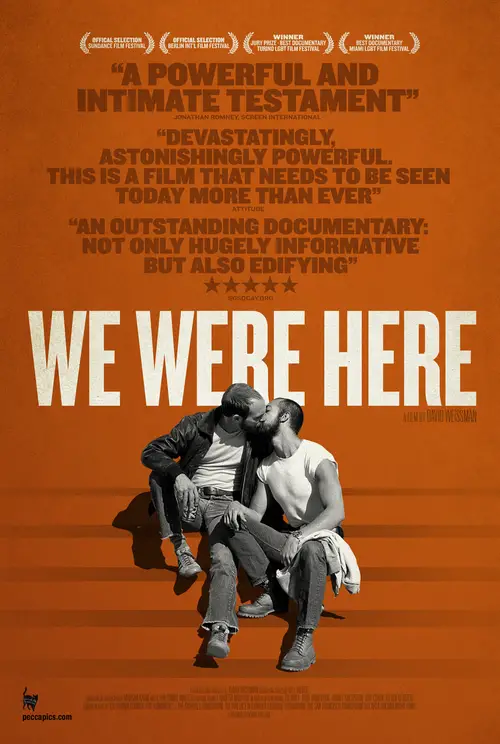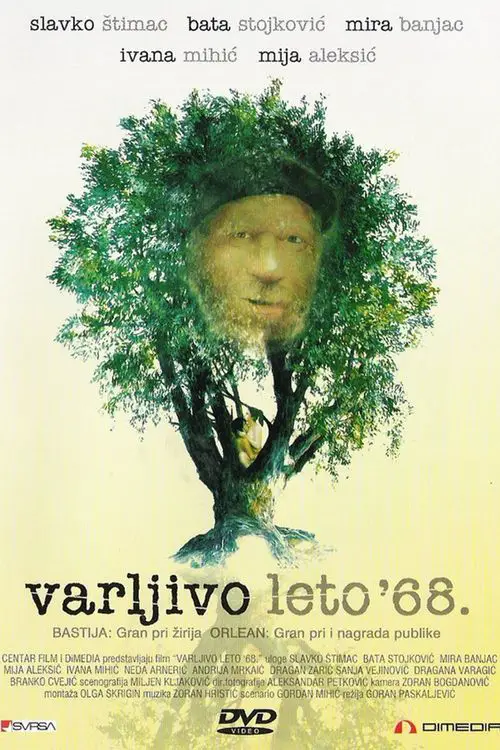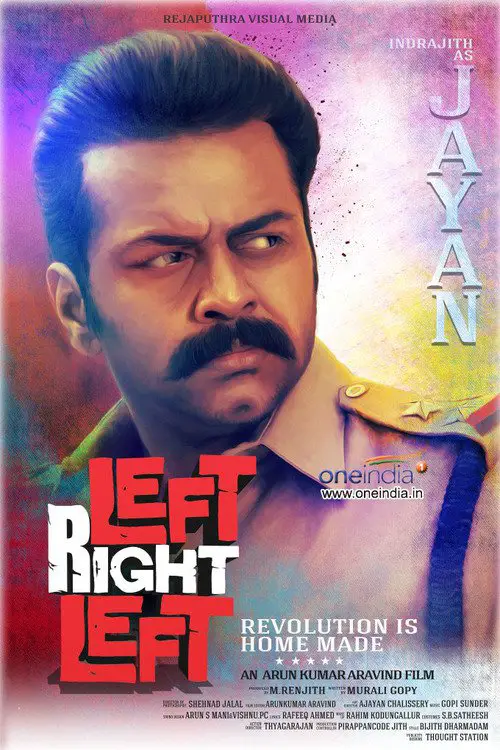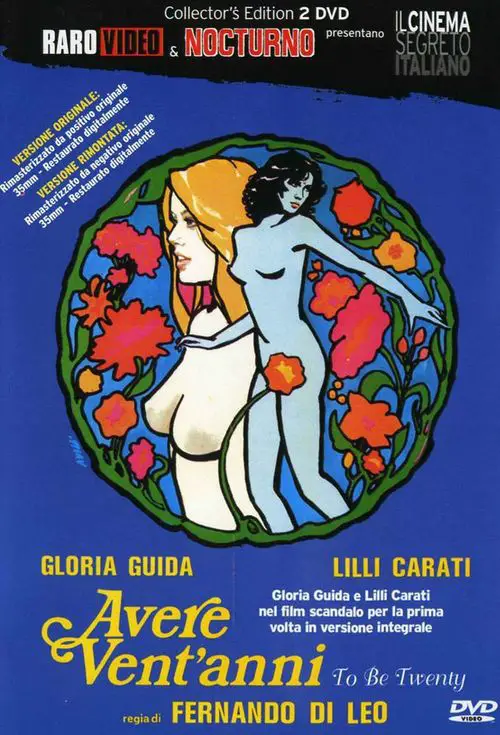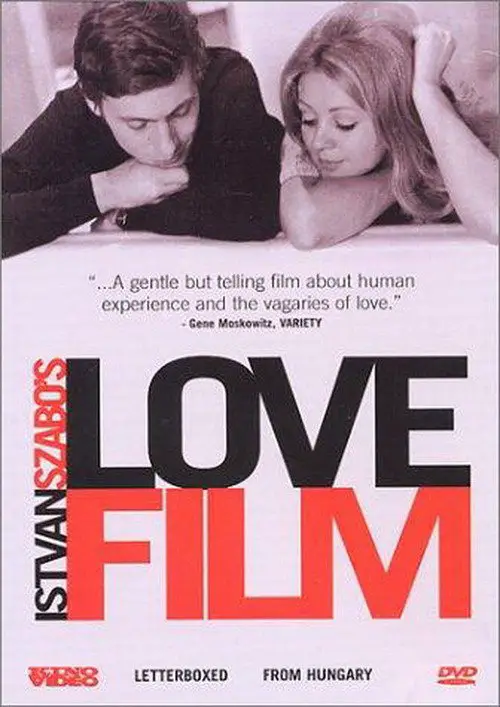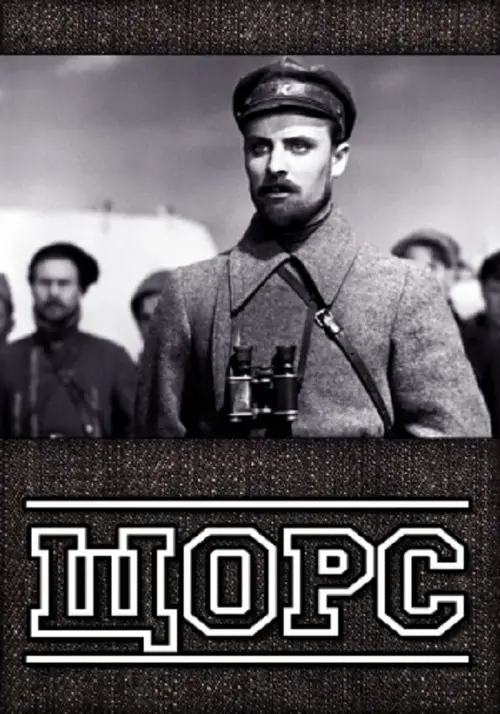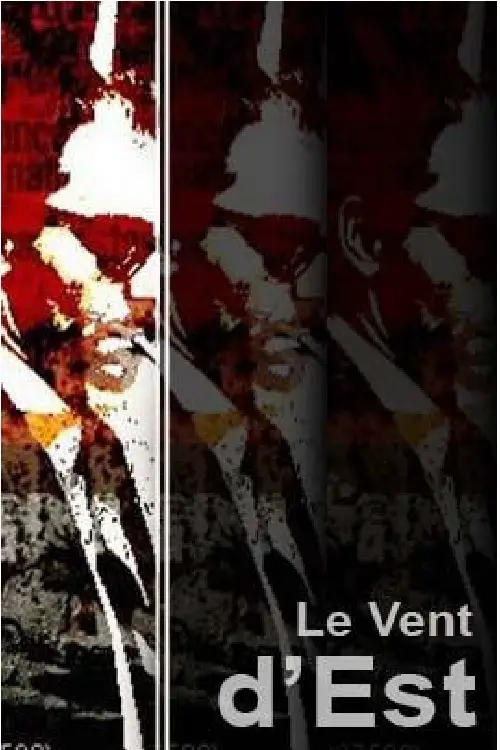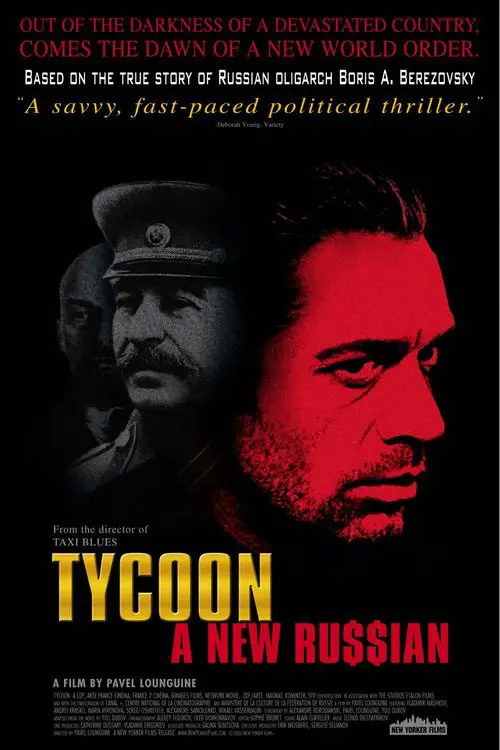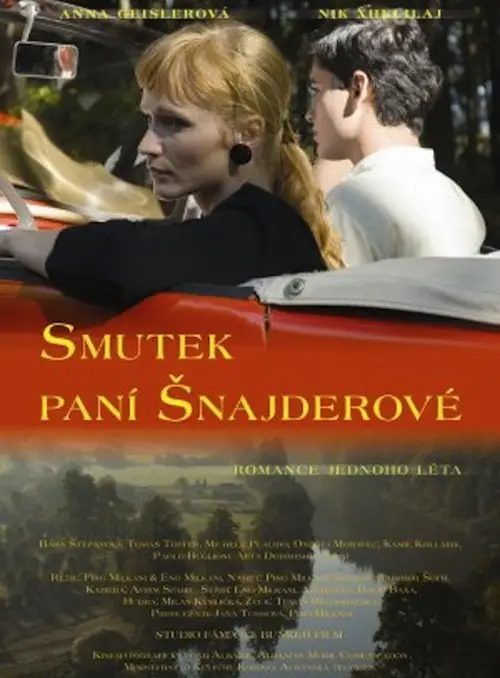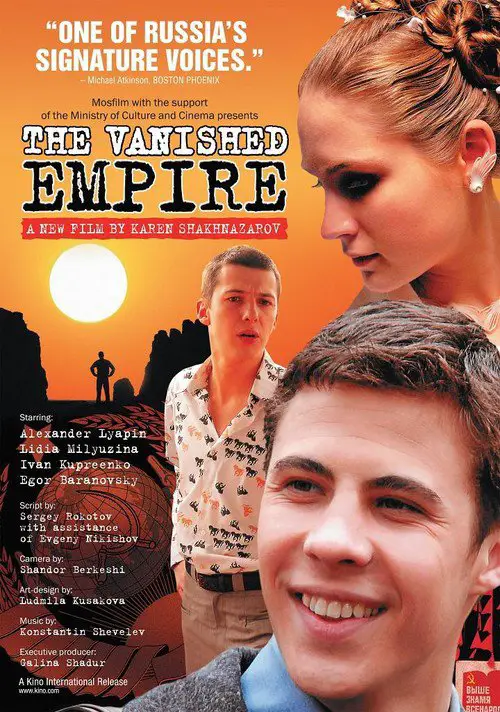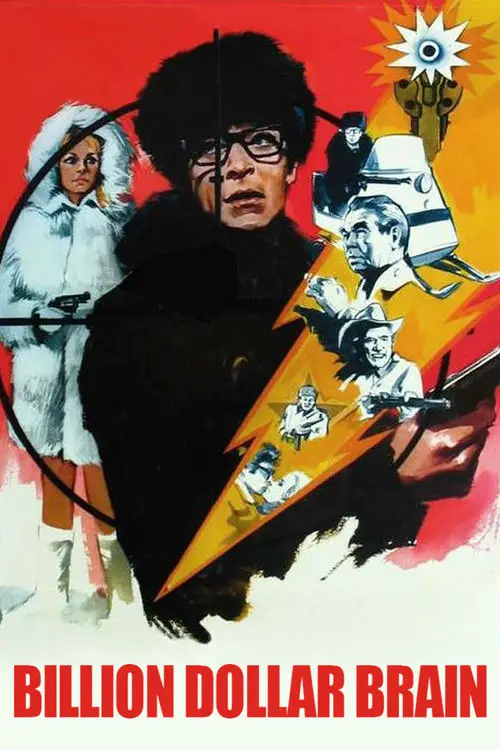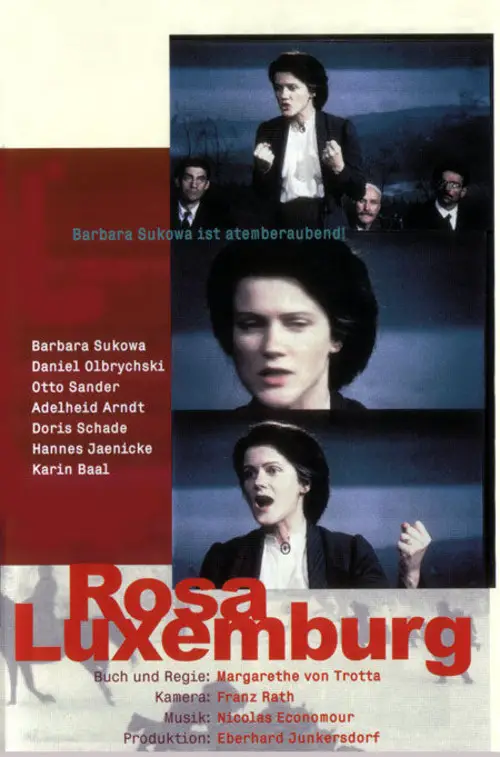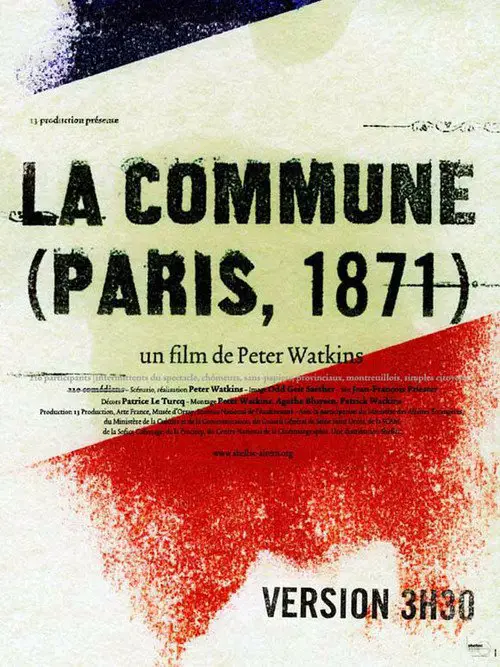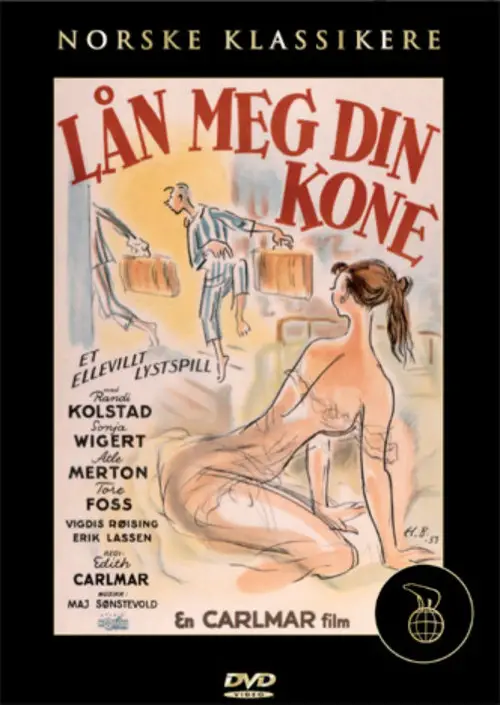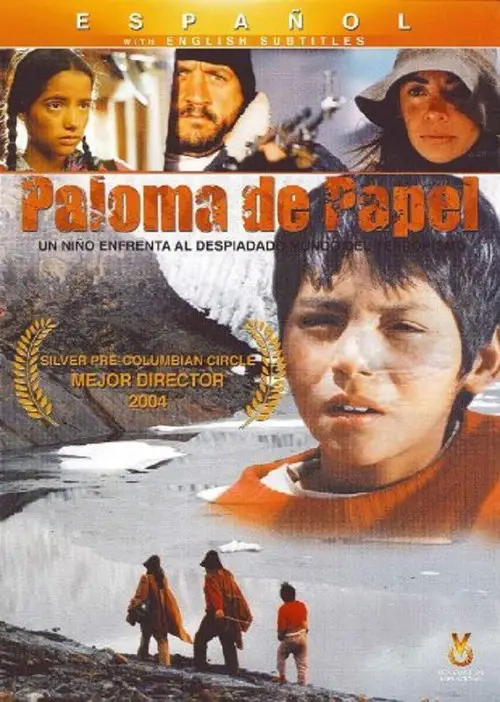Comrade, Where Are You Today? (2016)
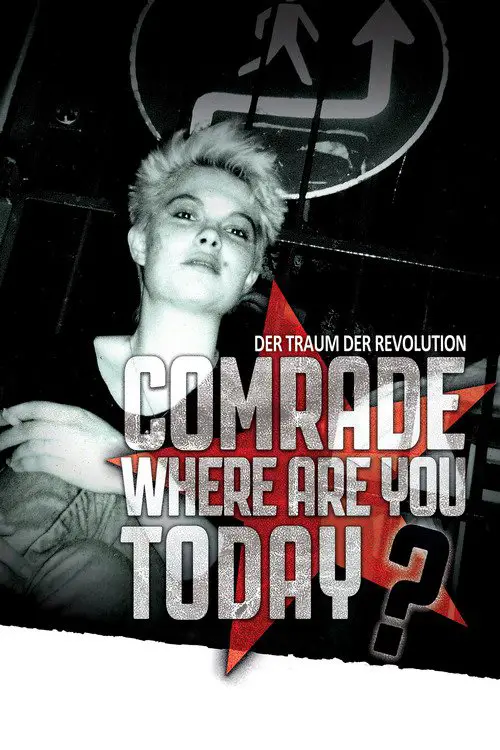
Similar movies
A leftist revolutionary or a reformist democrat? A committed Marxist or a constitutionalist politician? An ethical and moral man or, as Richard Nixon called him, a "son of a bitch"? In SALVADOR ALLENDE, acclaimed Chilean filmmaker Patricio Guzmán (The Battle of Chile and Chile, Obstinate Memory) returns to his native country thirty years after the 1973 military coup that overthrew Chile's Popular Unity government to examine the life of its leader, Salvador Allende, both as a politician and a man.
Get up close and personal with 16 of the most successful women in the adult film industry as they shed their clothes for an intimate photo shoot with director Deborah Anderson. As questions are asked, personal stories about their lives are revealed, from why they chose the business of sex to how they got into it in the first place. These porn stars have always been discreet about their private lives in the past, yet Anderson has a way of opening up a dialog allowing them to share more than just their naked skin on screen. Their true inner vulnerability is touching, yet the characters they have created are confident and intoxicating. Once you hear their stories, you'll never look at them in the same way again.
ŽIŽEK! trails the thinker as he crisscrosses the globe, racing from New York City lecture halls, through the streets of Buenos Aires, and even stopping at home in Ljubljana, Slovenia. All the while Žižek obsessively reveals the invisible workings of ideology through his unique blend of Lacanian psychoanalysis, Marxism, and critique of pop culture.
This documentary about Henri-Georges Clouzotâs unfinished 1964 psycho-thriller LâEnfer is as tantalizing as it is frustrating. Despite remaining one of the most masterful of French directors, Cluozot inexplicably seems to have lost control on the big-budget production of LâEnfer. The long-lost raw footage is intriguing and dazzling, infused with swirling lights and blue-lipped, cigarette-puffing fantasy temptresses. Although directors Serge Bromberg and Ruxandra Mederea have managed to speak to numerous members of the original crew, this behind-the-scenes investigation has so little to say about the reasons behind Clouzotâs failure to complete the film. In spite of this, the undiminished power of Clouzotâs extraordinary images makes the documentary a fascinating watch.
The films and methods of Nicolas Philibert, maker of Etre et avoir, have shown him to be one of contemporary cinemaâs most acclaimed documentarists. In The Land of the Deaf is an elegantly spare and thoughtful portrait of the rich, diverse, but often isolated culture of the deaf community. The film has tremendous power and value: it educates and transports us to another way of occupying this world, and it does so in a pleasurable, unrushed and intelligent fashion.
This documentary takes the viewer on a deeply personal journey into the everyday lives of families struggling to fight Goliath. From a family business owner in the Midwest to a preacher in California, from workers in Florida to a poet in Mexico, dozens of film crews on three continents bring the intensely personal stories of an assault on families and American values.
Filmmaking icon Agnès Varda, the award-winning director regarded by many as the grandmother of the French new wave, turns the camera on herself with this unique autobiographical documentary. Composed of film excerpts and elaborate dramatic re-creations, Varda's self-portrait recounts the highs and lows of her professional career, the many friendships that affected her life and her longtime marriage to cinematic giant Jacques Demy.
Free Angela is a feature-length documentary about Angela Davis and the high stakes crime, political movement, and trial that catapults the 26 year-old newly appointed philosophy professor at the University of California at Los Angeles into a seventies revolutionary political icon. Nearly forty years later, and for the first time, Angela Davis speaks frankly about the actions that branded her as a terrorist and simultaneously spurred a worldwide political movement for her freedom.
SYMPATHY FOR THE DEVIL is an exhilarating, provocative motion picture. The Rolling Stones rehearse their latest song, "Sympathy For the Devil," in a London studio. Beginning as a ballad, the track gradually acquires a pulsating groove, which gets Jagger into a rousing vocal display of soulful emotion that Godard is lucky enough to capture on film. Showing that rock and roll is more than just partying and goofing off, SYMPATHY FOR THE DEVIL is a brilliant portrait of the creative process at its most collaborative and arousing.
Long-haired, barefoot people. Free love! Veganism! Experiments with drugs... The sixties, right? Not quite. In 1900 a group of middle class kids revolted against their time and started the original alternative community - Monte Verità , the mountain of truth. A community based on veganism, feminism, pacifism and free love. This creative documentary mixes interviews, archive and animation in a beautiful combination bringing you straight back to the early 1900 as seen through the eyes of these young radicals. The documentary Freak Out tells the untold story of the birth of the alternative movement and unfold the uncanny similarities between our time and what they revolted against in the early 1900s.
A revolutionary film about the cinematic genius of North Korea's late Dear Leader Kim Jung-IL, with a groundbreaking experiment at its heart - a propaganda film, made according to the rules of his 1987 manifesto. Through the shared love of cinema, AIM HIGH IN CREATION! forges an astonishing new bond between the hidden filmmakers of North Korea and their Free World collaborators. Revealing an unexpected truth about the most isolated nation on earth: filmmakers, no matter where they live, are family.
Jason Osder makes an impressive feature film debut through his unbiased and thorough account of the incidents leading up to and during the 1985 standoff between the extremist African-American organization MOVE and Philadelphia authorities. The dramatic clash claimed eleven lives and literally and figuratively devastated an entire community. Let the Fire Burn is a real-life Wild West story absent the luxury of identifying its heroes by the color of their hats.
In the early-morning hours of July 23, 2007, in Cheshire, Conn., ex-convicts Steven Hayes and Joshua Komisarjevsky broke into the family home of Dr. William Petit, his wife, Jennifer Hawke-Petit, and their daughters, Michaela, 11, and Hayley, 17. Dr. Petit was beaten and tied to a pole in the basement. The three women were bound in their bedrooms while the men ransacked the house. The brutal ordeal continued throughout the morning, ending with rape, arson and a horrific triple homicide.
Biggest name left militancy in Brazil '60s, Carlos Marighella served in the main political events in Brazil between 1930 and 1969 and was considered the # 1 enemy of the Brazilian military dictatorship. Communist leader victim of prison and torture, parliamentarian, author of the world translated "Manual of the Urban Guerrilla," his life was a great act of strength and courage. Directed by his niece Isa Grinspum Ferraz, the feature Marighella is a historic building and affective this man who dedicated his life to thinking about Brazil and transform it through its action.
A powerful Argentine political film stands on the figure of an outsider intellectual, Sebreli, but manages to transcend it, he becomes a touchstone to go through Argentina and its dilemmas, through this country that is proud of almost everything it should be ashamed of. From national icons like Gardel, Evita, Che, and Maradona the film dialogs with recent Argentine history and it does so with extraordinary energy, supported by a rarely seen use of all kinds of archive material in an almost Dionysian state of sampleadelia. The film arrives to a surprising reflection on nationalism, demagogic governments and delusions of unanimity; problems that are common to emerging societies that cannot find their ways to a freer and more egalitarian society.
Since the assassination of Dr. George Tiller in Kansas in 2009, only four doctors in the United States continue to perform third-trimester abortions. These physicians, all colleagues of Dr. Tiller, sacrifice their safety and personal lives in the name of their fierce, unwavering conviction to help women.
With breathtaking clarity, renowned University of Massachusetts Economics Professor Richard Wolff breaks down the root causes of today's economic crisis, showing how it was decades in the making and in fact reflects seismic failures within the structures of American-style capitalism itself. Wolff traces the source of the economic crisis to the 1970s, when wages began to stagnate and American workers were forced into a dysfunctional spiral of borrowing and debt that ultimately exploded in the mortgage meltdown. By placing the crisis within this larger historical and systemic frame, Wolff argues convincingly that the proposed government "bailouts," stimulus packages, and calls for increased market regulation will not be enough to address the real causes of the crisis, in the end suggesting that far more fundamental change will be necessary to avoid future catastrophes.
Amanda (Marlee Maitlin) is a divorced woman who makes a living as a photographer. During the Fall of the year Amanda begins to see the world in new and different ways when she begins to question her role in life, her relationships with her career and men and what it all means. As the layers to her everyday experiences fall away insertions in the story with scientists, and philosophers and religious leaders impart information directly to an off-screen interviewer about academic issues, and Amanda begins to understand the basis to the quantum world beneath. During her epiphany as she considers the Great Questions raised by the host of inserted thinkers, Amanda slowly comprehends the various inspirations and begins to see the world in a new way.
Directors Nina Kusturica and Eva Testor followed Michael Haneke for a period of two and a half years. They accompanied him to film premieres and public appearances, radio interviews and photo shoots; they observed him as he scouted locations, directed actors on the set, and made final cuts in the editing room. In between, on long train and car rides, Haneke spoke candidly about his childhood, his transition to filmmaking, and his views on cinema, discussing films that inspired him and his own work (he counts The Seventh Continent and 71 Fragments of a Chronology of Chance among his favorites). What emerges in this insightful documentary is a portrait of a dedicated filmmaker, a charming yet elusive figure in thrall to cinema and the constant perfection of his craft.
'We Were Here' is the first film to take a deep and reflective look back at the arrival and impact of AIDS in San Francisco, and how the City's inhabitants dealt with that unprecedented calamity. It explores what was not so easy to discern in the midst of it all - the parallel histories of suffering and loss, and of community coalescence and empowerment.
The basic story of the movie revolves around P.K. Jayan aka 'Vattu' Jayan (played by Indrajith) and Roy Joseph aka Che Guevera Roy (played by Murali Gopy). Vattu Jayan is a corrupt cop who manages his daily necessities through bribed money and does not touch his salary for anything. Che Guevara Roy is an ex-communist comrade who now teaches in a school with his wife.
Lia and Tina are two beautiful girls who meet and realize that they have a lot in common. They are both young, beautiful and pissed off, so they decide to hitchhike their way to Rome to find Nazariota's commune, a place to stay for free and have all the sex they want... or so they think. Things don't go as they have planned though, and soon they become involved in prostitution, the police and an aggressive gang.
In 1970s Iran, Marjane 'Marji' Statrapi watches events through her young eyes and her idealistic family of a long dream being fulfilled of the hated Shah's defeat in the Iranian Revolution of 1979. However as Marji grows up, she witnesses first hand how the new Iran, now ruled by Islamic fundamentalists, has become a repressive tyranny on its own.
A story of two young people in Hungary, Jancsi and Kata. First they are good friends, later lovers. Soon after the 1956 Revolution Kata leaves Hungary, Jancsi stays there. After 10 years Jancsi is allowed to visit Kata in France, their love is reborn, but after a short, very happy period Jancsi has to return to Hungary and their love fades as years have gone by.
The year is 1919. German troops retreat from Ukraine. The Directory, the Ukrainian national government lead by Symon Petliura, takes control of Kyiv. Meanwhile, the Bolshevik division commanded by Mykola Shchors is marching on the capital. The Bolsheviks capture the cities of Vinnytsia, Zhmerynka, and others one by one, but lose Berdychiv to Petliuraâs forces. They are demoralized by the defeat. By his personal example of courage and military skill, Shchors inspires the retreating Red troops and leads them to victory over the enemy.
Wind From the East is a product of Jean-Luc Godard's involvement, during the late 60s and early 70s, with a collective filmmaking experiment known as the Dziga Vertov Group. The film is, typically of the films he made during this period, about ideas and simultaneously about how best to express those ideas through the medium of film. The film deals with the situation of a strike and, during its first half, methodically analyzes the different components of the strike: the workers, the radical students who encourage the strike while not quite being able to communicate in the same terms as the workers, the union delegates and other middlemen who preach moderation and compromise, the employers who demand the immediate resumption of work, the police state that suppresses the strike on behalf of capitalism.
During the Gorbachev years, Platon Makovski and his four buddies are university students who jump on the private capitalism movement. Fast-forward 20 years, Platon finds himself the richest man in Russia, having sacrificed his friends to get to the top. But with this cynical rise, comes a brutal fall.
It is 1961 and an Albanian student (Nik Xhelilaj) of the Academy of Performing Arts in Prague, together with a group of Czech students, is shooting his graduate movie on a motorcycle factory, in the small market-town of Äeský Å ternberk, in then Czechoslovakia. Coming from a country that is completely isolated from the rest of Europe, he is fascinated by the lifestyle, society and "erotic exuberance" of the Czech golden youth, yet feeling strong links with his family in his homeland. He falls in love with a married woman (Anna Geislerová), the wife of a police superintendent (Paolo Buglioni) and is insecure about his future.
This story take place in Moscow during the 1970s and unfolds around the love triangle between two young men and a girl who study at the same university. They argue, make up, and face their first disappointments and victories. While busy with personal lives and loves, they miss foreseeing that the country in which they were born and live will soon disappear from the map.
Wronke Prison, 1916. Social democrat Rosa Luxemburg faces a mock execution. Twenty years earlier, Rosa's political gifts are acknowledged by everyone, as she struggles for democratic government in Germany and revolution in Poland. There she works closely with Leo Jogiches. Their political activity creates some difficulty for their personal relationship... As international tensions rise, Rosa makes speeches denouncing war and militarism. She seems too radical for her fellow Socialists. She meets Karl Liebknecht. When World War I begins, Rosa and Karl are united in opposition...
We are in the year 1871. A journalist for Versailles Television broadcasts a soothing and official view of events while a Commune television is set up to provide the perspectives of the Paris rebels. On a stage-like set, more than 200 actors interpret characters of the Commune, especially the Popincourt neighbourhood in the XIth arrondissement. They voice their own thoughts and feelings concerning the social and political reforms. The scenes consist mainly of long camera takes.
"Let Me Borrow Your Wife". This is a light comedy from Edith Carlmar, Norways first woman director. It takes place in a company that sells baby toys. It is time to fill a leading position, and it is known the owner of the company only places married men on leading positions. This leads a young bachelor to "borrow" his best friends wife to have a chance at the position. This leads to a lot of comic misunderstandings, not the least because the owner of the company himself falls for the new young wife.
Juan, a young man convicted of terrorism, is given amnesty from a Lima prison; he boards a bus to return home and, in his mind's eye, recalls events in his village near Huaraz when he was 10 or 12. His father is long dead, his mother lives with Fermin, secretly a sympathizer with the Communist guerrillas in the hills. Town leaders are assassinated at night. When Juan discovers Fermin's secret, Juan is spirited away to the guerrillas to learn Marxist slogans and how to fight. When the band decides to attack the town to avenge the death of a comrade, Juan must choose.
© Valossa 2015–2026
| Privacy Policy
